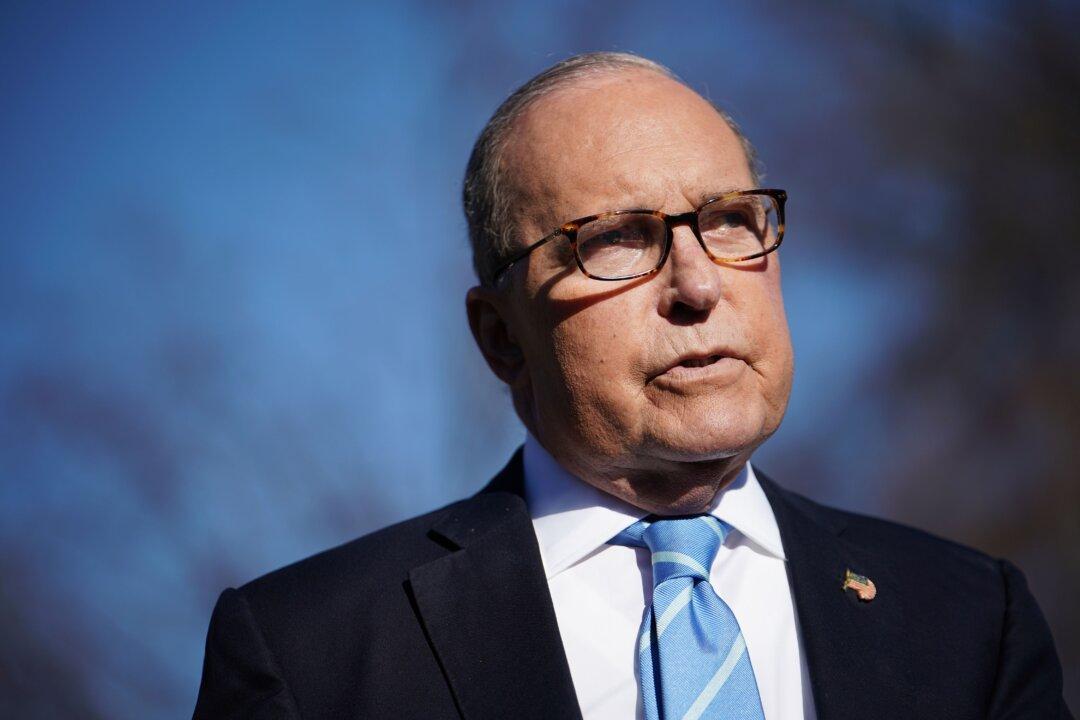White House economic advisor Larry Kudlow said June 30 that President Donald Trump’s decision to let U.S. firms sell products to Chinese telecom giant Huawei did not amount to a “general amnesty” for the company.
In May, Huawei, the world’s largest telecom gear manufacturer, was added to the U.S. Commerce Department’s “entity list” on national security grounds. This effectively banned the company from doing business with U.S. suppliers.





